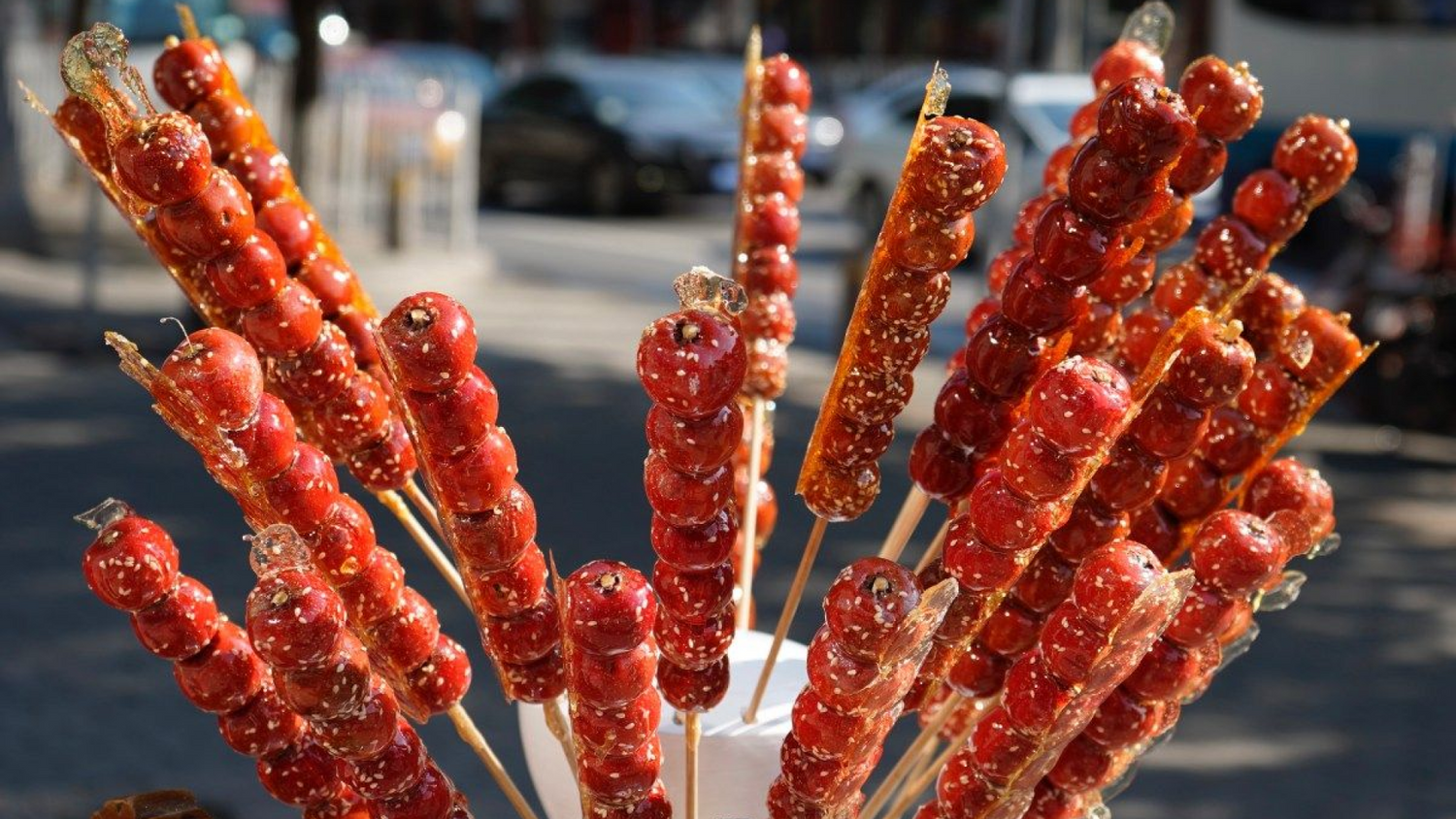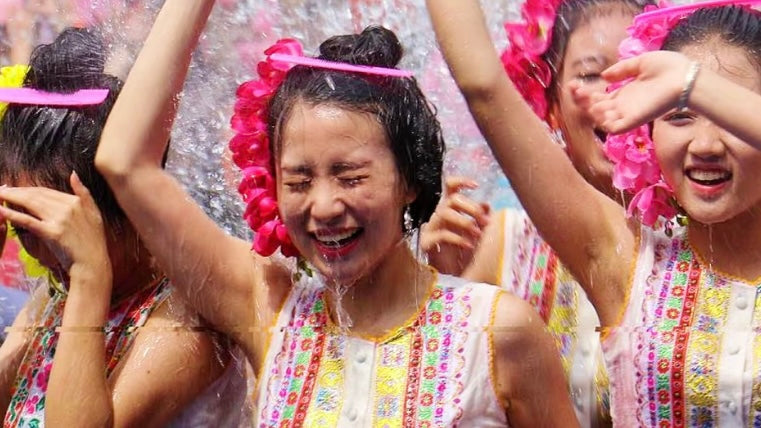As Chinese New Year approaches on January 28, 2025, people worldwide prepare to honor one of China’s most meaningful and long-standing traditions. This year marks the start of Year of the Snake, after the Year of the Dragon.
Food plays a central role in these celebrations, with families reuniting to prepare and enjoy dishes that are rich in symbolism and history. Let's dive into the symbolic foods that bring joy, prosperity, and family unity to the Lunar New Year celebrations across China.
Northern Tradition: Dumplings (Jiao Zi)

Dumplings, or jiao zi, hold a cherished place in northern Chinese Lunar New Year celebrations. With their crescent shape resembling ancient gold ingots, they symbolize wealth, prosperity, and good fortune for the year ahead.
The Joy of Making Dumplings Together
Preparing dumplings is a family affair** that begins on New Year’s Eve. From rolling out the dough to creating flavorful fillings, the entire family participates in this meaningful tradition.
While crafting each dumpling, families share laughter, stories, and hopes for the upcoming year. Eating dumplings is more than just savoring a delicious dish—it’s about strengthening bonds and honoring traditions that have been passed down through generations.

Southern Tradition: Sweet Rice Balls (Tang Yuan)
In southern China, tang yuan takes center stage. These sweet rice balls are made from glutinous rice flour and often filled with black sesame paste, red bean paste, or peanut butter. Their round shape symbolizes unity, completeness, and family togetherness, making them a must-have during the Lunar New Year.
The Meaning Behind Tang Yuan
Rolling tang yuan by hand reflects the cycle of life—overcoming challenges, seeking balance, and always returning to loved ones. Eating them together reminds families of the deep bonds that connect them, even when they’re far apart.

The Spirit of Reconnection During Chinese New Year
Chinese New Year is about more than just food—it’s about connection. Families reunite, often traveling great distances to spend time with loved ones. Symbolic dishes like dumplings and tang yuan help to express the values of togetherness, generosity, and gratitude.
Visiting Friends and Sharing Gifts
But the celebration doesn’t stop with the feast. After the first day of the New Year, it’s customary for people to visit relatives and friends, often bringing gifts like food and alcohol. This tradition stems from China’s history of hardship, where famine taught the value of food and community. Offering food is a way to show care and concern, a gesture of caring that says, “I see you, and I want to help if you’re in need.”
Even today, this tradition of sharing remains strong. If you happen to pass by a Chinese household during the New Year, don’t be surprised if they invite you in for a meal—especially if you’re hungry. Haha!

FAQs About Chinese New Year Foods
1. Why are dumplings important during Chinese New Year?
Dumplings symbolize wealth and prosperity because of their resemblance to ancient gold ingots. Making dumplings together is also a way for families to bond and share joyful moments.
2. What is the symbolism of tang yuan?
Tang yuan represents unity and family togetherness. Their round shape symbolizes completeness, making them a popular dessert during family reunions.
3. Can non-Chinese people celebrate Lunar New Year with traditional foods?
Absolutely! Sharing a meal with Chinese friends or trying traditional dishes is a wonderful way to learn about and appreciate the culture.
A Celebration of Food and Togetherness
Chinese New Year is a time to cherish loved ones, honor traditions, and look forward to the blessings of the year ahead. Through symbolic dishes like dumplings, tang yuan, and more, families celebrate the values of prosperity, unity, and connection.
Whether you're preparing these dishes at home or enjoying them with friends, let the spirit of Chinese New Year inspire you to connect, share, and create lasting memories.
Happy Chinese New Year—Xīnnián kuàilè (新年快乐)!







Leave a comment
This site is protected by hCaptcha and the hCaptcha Privacy Policy and Terms of Service apply.